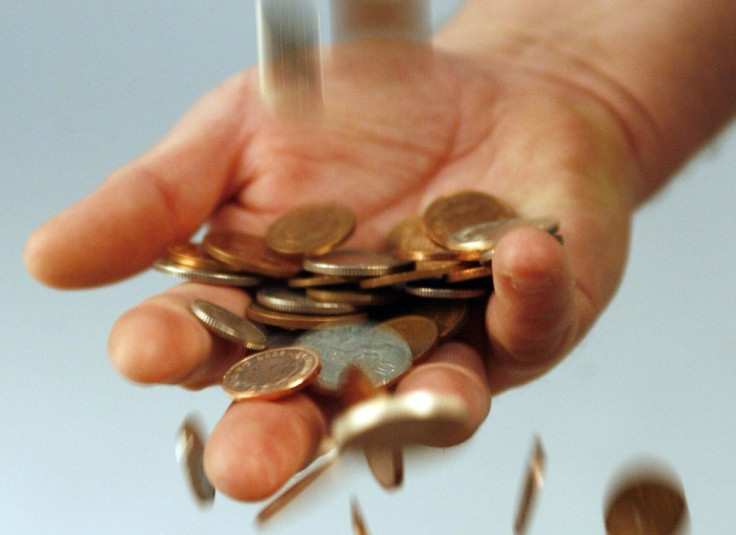UK Inflation Falls in July as Air Fare Growth Slows

UK CPI inflation fell in July to 2.8%, according to the Office for National Statistics, in line with the Bank of England's forecasts.
Inflation is down on June's 2.9% and met analysts' expectations for the month. It also does not upset the forward guidance for monetary policy issued by Bank of England Governor Mark Carney.
The ONS said the largest contributions to the fall in the rate came from air fares, plus price movements in the recreation & culture, and clothing & footwear sectors, while a rise in petrol and diesel prices partially offset the fall.
"Cooling global commodity prices should provide respite to UK households and curb price growth, helping to abate ongoing cost of living pressures," said Scott Corfe, senior economist at the Centre for Economics and Business Research.
"However, with annual earnings growth languishing below the 2% mark, where we expect it to remain until 2015, households will still be seeing their spending power eroded for some time."
Carney said BoE policymakers will not hike the record-low base rate until the unemployment rate falls below a 7% threshold.
However, this forward guidance for the markets is subject to so-called 'knockouts' which would void any rate hike. Among them are unexpected fluctuations in UK inflation.
BoE's Inflation Target
In his 2013 Budget, Chancellor George Osborne loosened the BoE's inflation targeting regime, giving the central bank explicit permission to target 2% over a longer timeframe than before.
The BoE has not met its 2% target since the end of 2009, amid volatile global commodity prices and its vast £375bn quantitative easing programme.
In recent months price inflation has far outpaced wage growth, seeing incomes decline to similar levels as a decade ago. February registered the slowest rate of pay growth on record, at just 1%.
CPI inflation is forecast by the Bank of England to stay close to 3% in the near term, but fall back towards target by 2016.
The UK economy is gaining momentum. GDP growth accelerated to 0.6% in the three months to June, up from the first quarter's 0.3%. Early signs from the third quarter suggest the pace of growth has quickened further.
"A recovery is beginning to take hold, although it is likely to be some time before the anticipated upturn in demand makes meaningful in-roads into the margin of slack that has built up in the UK economy," said the BoE inflation report for the second quarter.
"Considerable challenges remain, reflecting the legacy of the financial crisis."
© Copyright IBTimes 2025. All rights reserved.






















